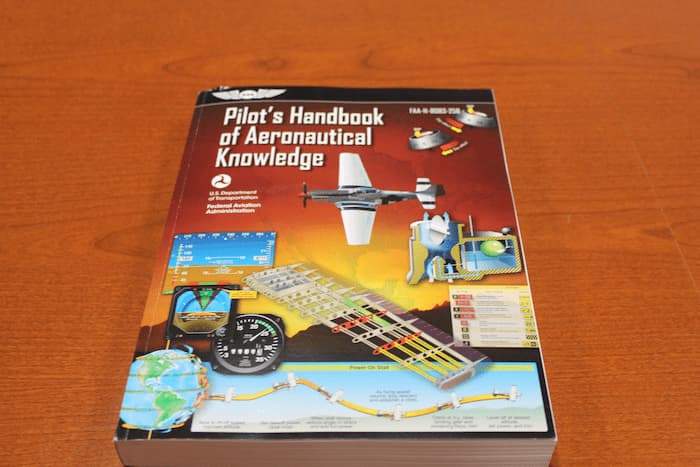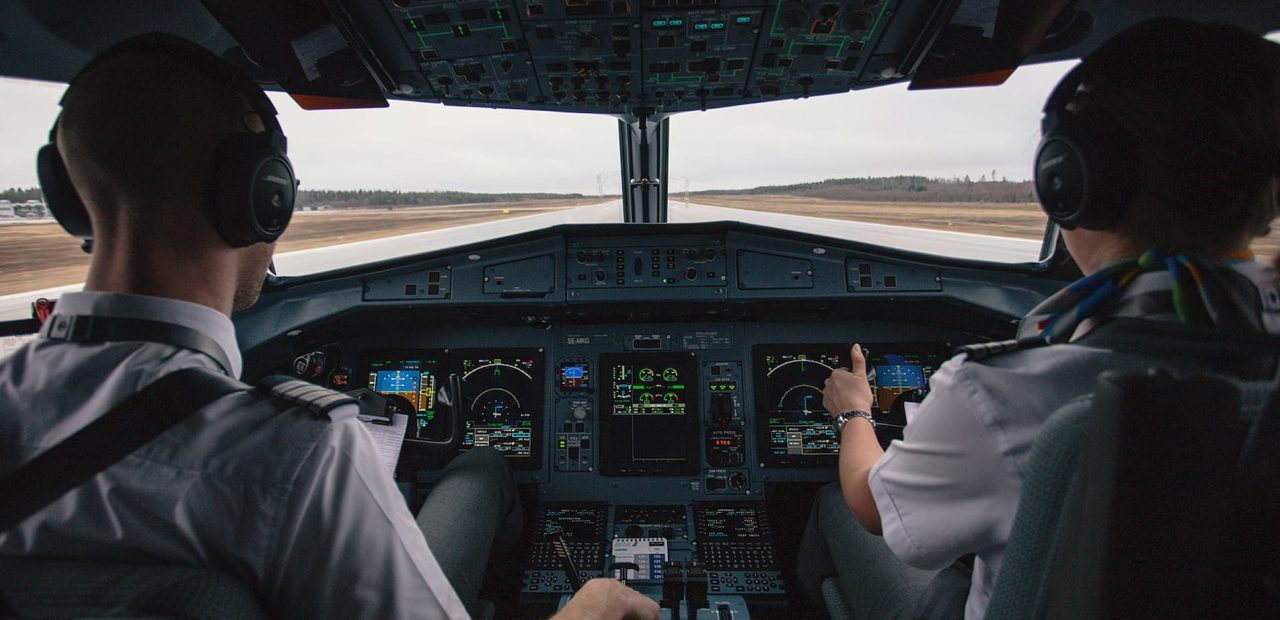Important Steps for Perfecting Your Skills as an Aspiring Pilot
There’s nothing quite like being up in the air, flying a plane. Flying a drone may provide you with a bird’s eye view of the cityscapes and landscapes that surround you, but operating an aeroplane and making your way through the clouds yourself is incomparable.
The liberating feeling of being up and away, the many travelling opportunities, and the chance for having a fruitful career are all reasons that would motivate you to pursue your dream of becoming a pilot. The various ways you can challenge yourself with this kind of job means it’s a calling that’s anything but boring.
The fun, varied, and exciting activity it is, it does require some seriousness when it’s to do with gathering the important knowledge and mastering the skill needed to operate an aeroplane, be it as a private, remote, sport, or commercial pilot. There are some tried-and-tested strategies you can use to your advantage to improve both your knowledge and skill, and some of them are:
Contents
Covering the Basics with Books
It might be an old-fashioned way but it’s still one of the best steps an aspiring or student pilot can take in becoming a better professional. More so if we consider the varieties of BAK (basic aviation knowledge) manuals and handbooks available nowadays, with classics like the resourceful Pilot’s Handbook of Aeronautical Knowledge that covers a broad spectrum of everything you’d need to know and be aware of.
From the introduction to flying with a short cover of the history of flight, and the significant role of the FAA (Federal Aviation Administration), to what it takes to get the required certificates, and the fundamentals of flying, specifically the examinations and education. All the way to the construction of aircraft, flight instruments, navigation and weather factors, as well as aeronautical decision-making and airport operations – in short, there’s no stone left unturned.

Not surprisingly, this handbook is considered the primary study material for any pilot as it can be of assistance with your technical as much as “attention to detail” skills for operating an aircraft on your own. What makes matters easier to absorb all these facts are the photographs, colour-drawings, glossary, index, and appendices on the abbreviations and signs available in the Pilot’s Handbook of Aeronautical Knowledge so beginners and advanced pilots alike can easily grasp them.
Additional books you should include in your learning endeavours are VFG (Visual Flight Guide), The Flying Training Manual, BAK Practice Exams and BAK Questions by Rob Avery, Student Pilots Flight Manual, Flight Radio for Pilots and Say Again, Please: Guide to Radio Communications for use of headsets with towers or other aircraft among others.
Gaining Further Knowledge from Others’ Experience
As it’s said, learning from the mistakes of others can be of help in knowing what to do in certain situations and what to avoid to prevent accidents and serious consequences, and it’s true even for flying. Nowadays, with technology playing such a crucial role in our lives, it would be a shame not to make the most of it.
For example, there are various platforms you can check out to gain more knowledge and get in touch with other pilots, from YouTube channels to blogs like Ask a Flight Instructor, and Aviation Chatter, Aviation Stack Exchange among others, to gain more insight and learn from others’ flights. Videos are an excellent means of education for people who are more visual type and learn better after watching than with mere reading.
Besides the flying and training materials, you can use these platforms for general discussions with others, cover some basics and questions you might be having, using the chance to exchange facts with other pilots. An added benefit from all this is having the opportunity to meet and hang with new people who share your interests, which is yet another way aviation can contribute to your life.
Booking a Discovery Flight
You may have had your share of training if you’ve already been in a school, but nothing can beat the first-hand experience this kind of flight can provide. It offers you the chance to get in touch with everything you’ve read in the basic aeronautical knowledge books and try it out under close supervision.

Whether you want to learn more about what flying can bring about, or get a step closer to getting a pilot’s licence, this experience is definitely a must. What you can expect from such a lesson is pre-flight insight on the aircraft, weather, and safety in general, followed by the flight itself with operating the engine and looking into the interactive map prior to the takeoff, as well as a briefing on doing climbs, turns, and descents.
And, lastly, the post-flight info on landing, taxiing the plane on the runway, and turning the engine off properly. Half an hour or an hour of this flight, and you can find out a great deal about the basics of aviation. To make the most of it, one piece of advice would be to check the price of the schools as some may offer cheaper discovery flights than others.

















